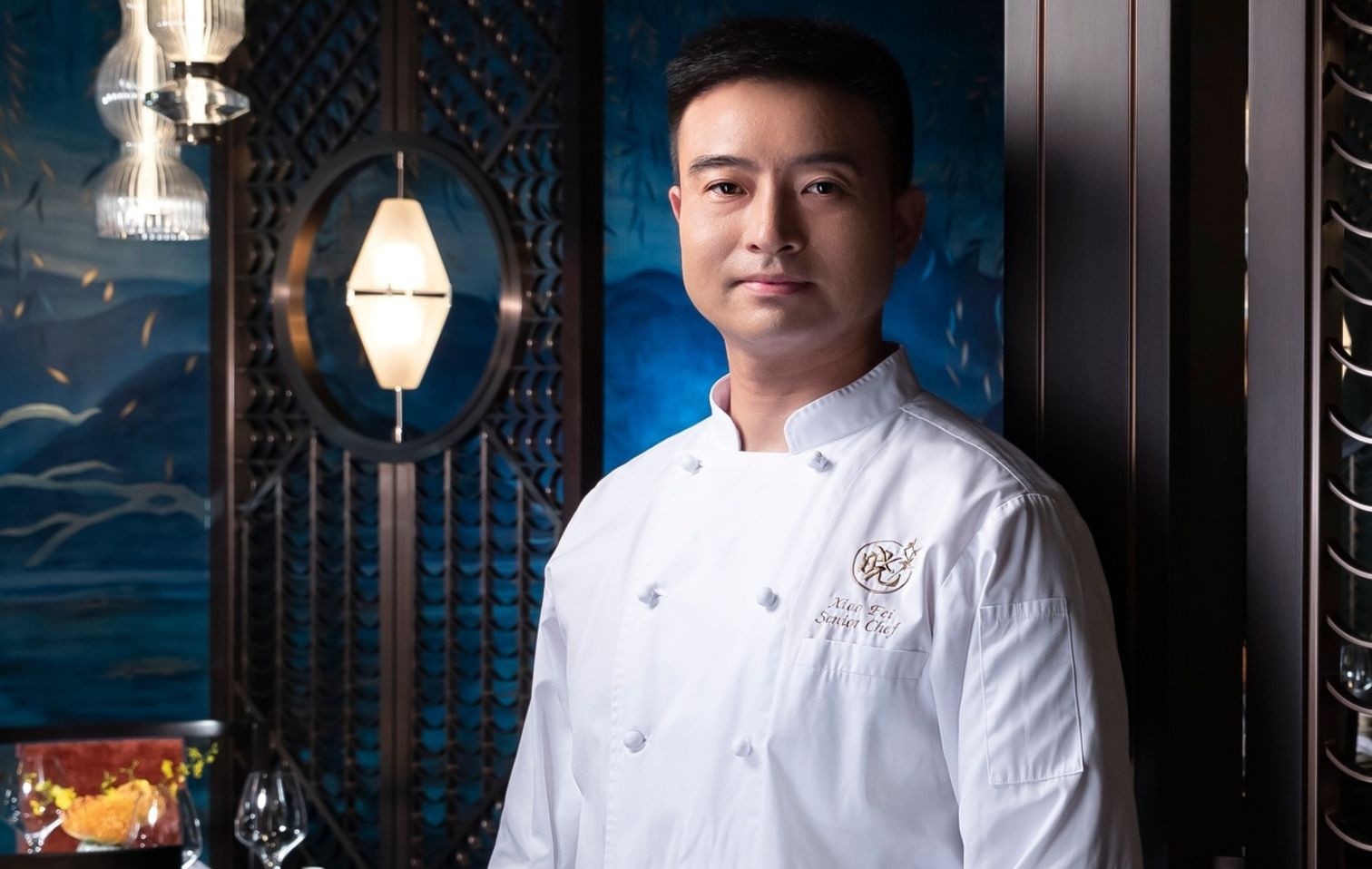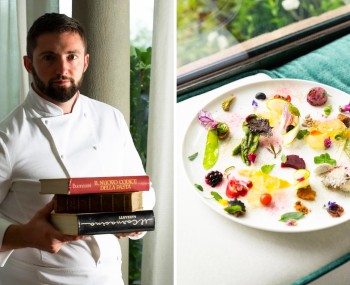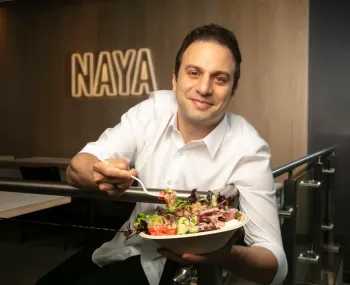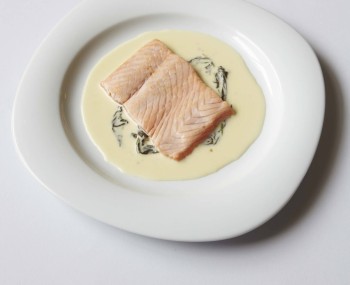Huaiyang cuisine is one of the four great Chinese traditions, with Sichuan, Shandong and Canton. Strong in unique ingredients from its rivers, it has remained half-known because of its difficult replicability. But now a restaurant in Macau has given it global prominence.
The chef
To grab two stars in one fell swoop is no small feat. But winning them in two years is also undoubtedly newsworthy. It happened at Londoner Macau's Huaiyang Garden, a restaurant devoted to Huaiyang cuisine, one of the country's four great traditions along with Sichuan, Shandong and Guangzhou. Its senior chef chef Xiao Fei succeeded in record time, as it received its first Michelin star in 2022, just months after opening in November 2021, and its second in the next edition of the guide dedicated to Hong Kong and precisely Macau, as macaonews.org reports. All under the supervision of Celebrity Master Chef Zhou Xiaoyan, creator of the format.
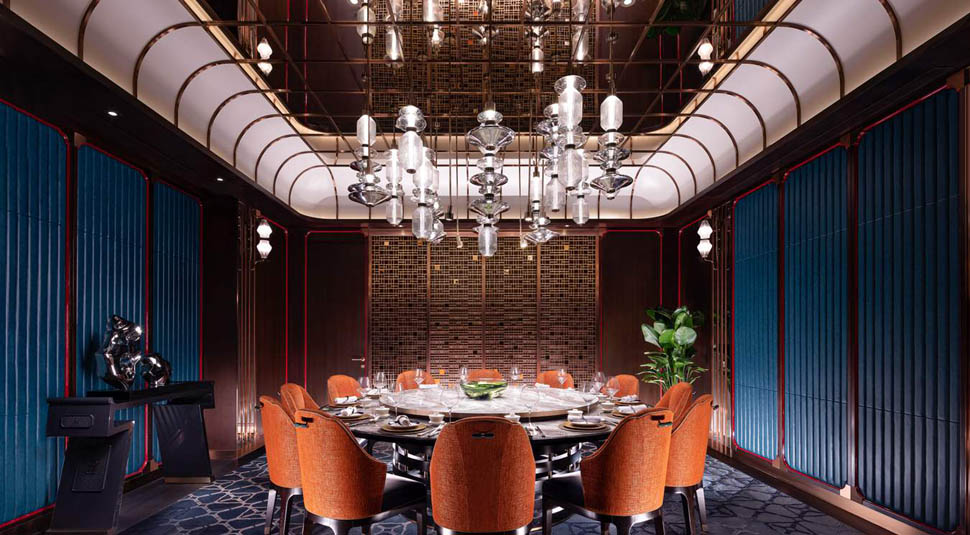
A veritable celebrity in the country, Xiao Fei is known as the “godfather of Huaiyang cuisine,” and his success has been celebrated as the ultimate accolade to the culinary tradition of Jiangsu province, coming out in the global limelight to full applause. Now inspectors have enshrined him in the Olympus of the world's top 500 restaurants.
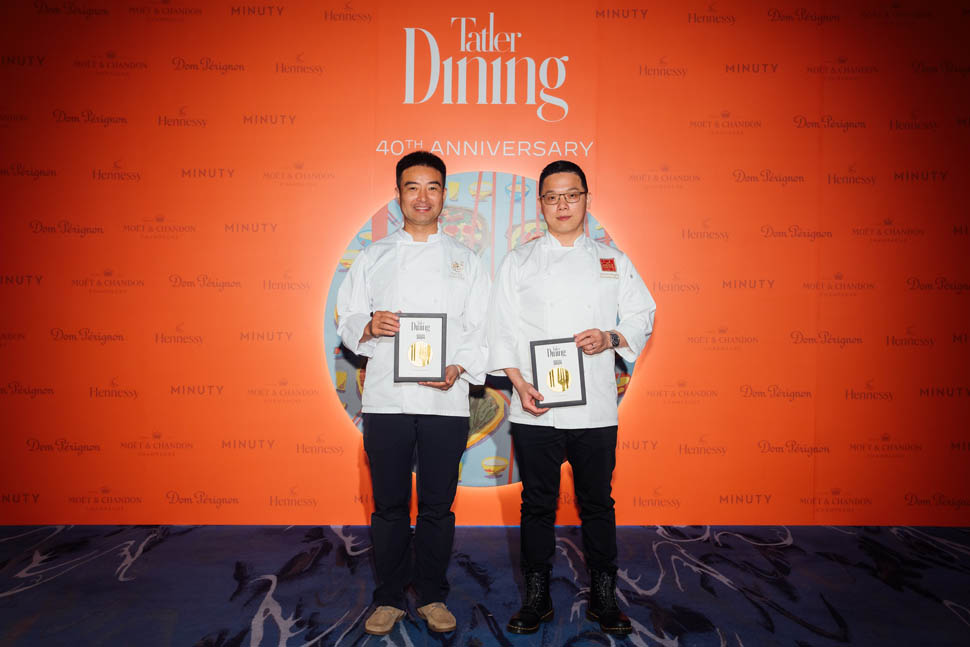
“Over the past year, our team has worked very hard to raise the restaurant's rating from one to two Michelin stars,” said the chef. “There is a perfectionist approach to every detail, leaving no room for error.” And it is true that no aspect of the dining experience is overlooked, from hand-painted wallpaper to tableware, from artistic lanterns to cocktails. Efforts, however, focus on passing on a wholly distinctive heritage, finally made available to the public as they pass through Macau.
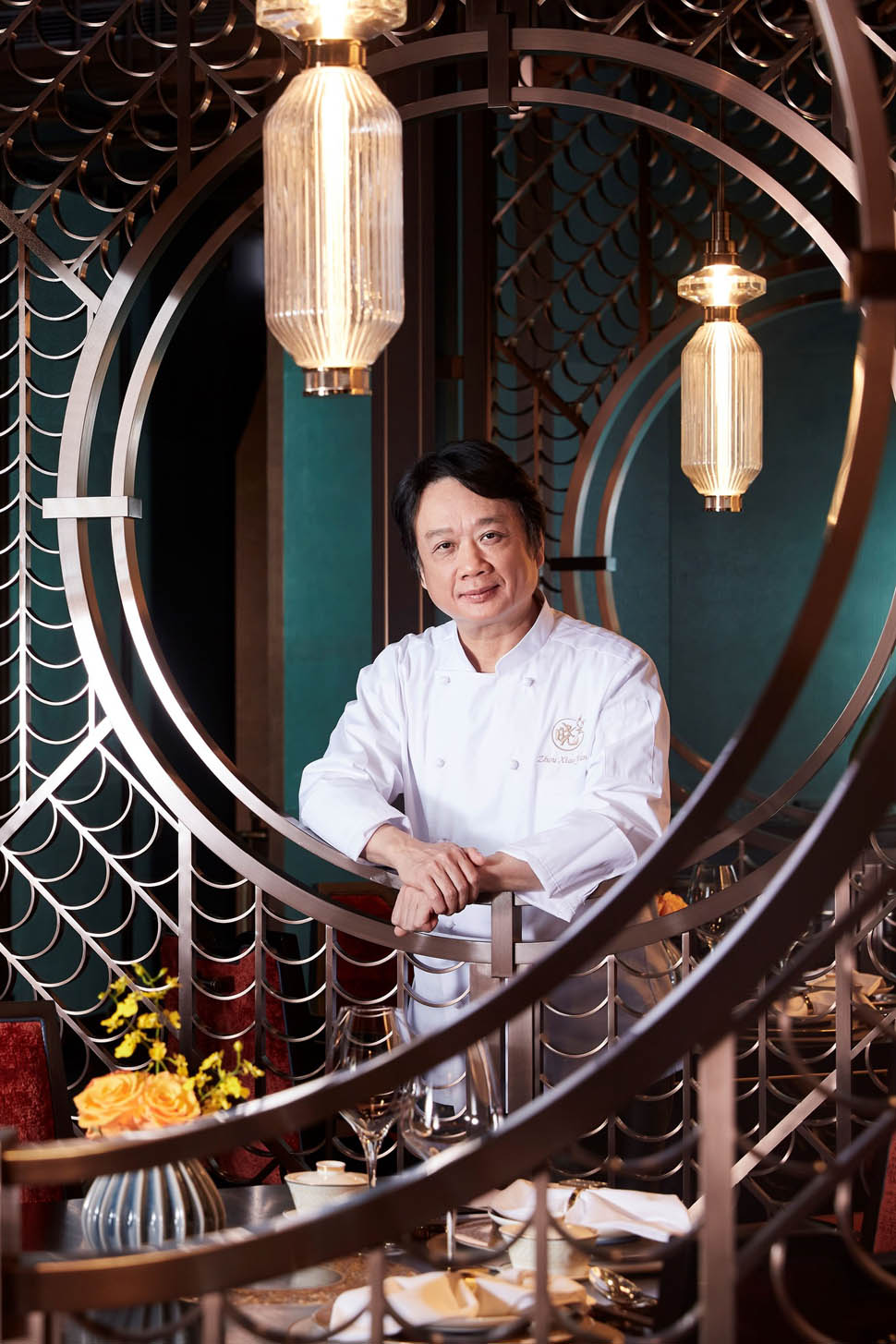
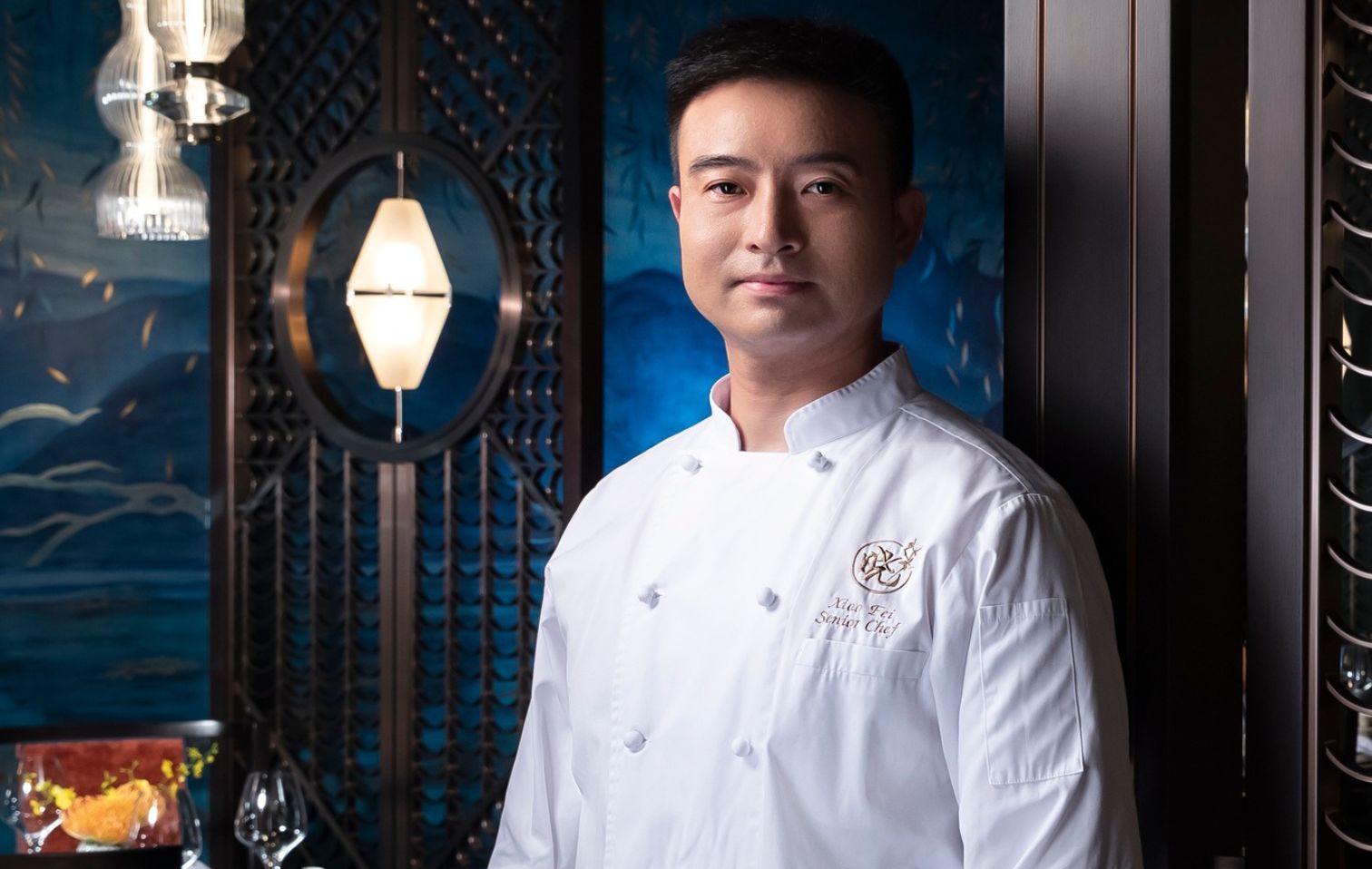
"Our motto is to innovate without forgetting tradition, passing on the legacy we have received without being too rigid. We are constantly trying to make reasoned adjustments in line with modern times and tastes. It's a challenge, but I think more than anything else the Michelin guide impressed." It is, after all, a three-millennia-old school, well accepted on imperial and aristocratic tables, which gained momentum from the extraordinary quality of ingredients along the Huai and Yangtze rivers. Also known as “kung fu cuisine,” it stands out for the freshness and skillful complexity of its preparations, which benefit from original techniques. And it has been precisely the difficulty in finding the right raw material that has so far held back its spread and awareness.
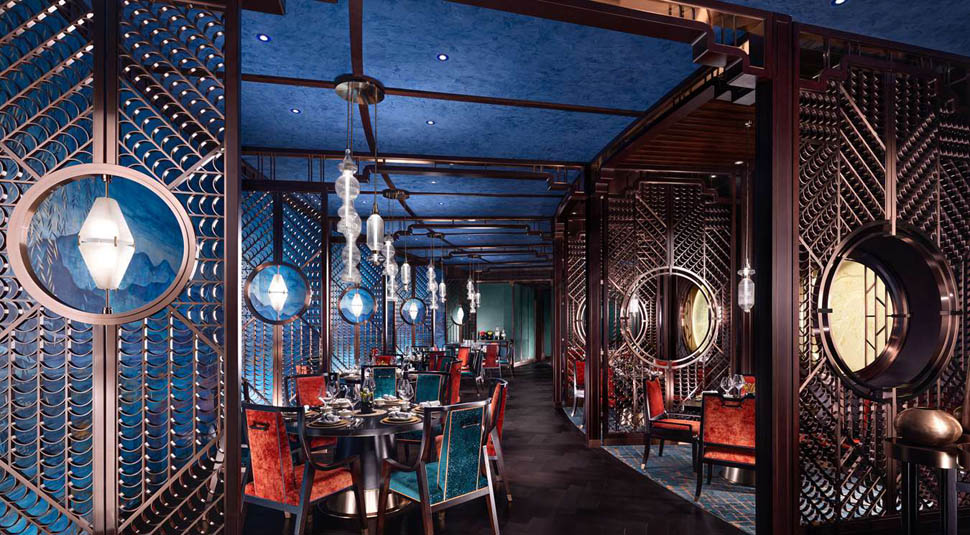
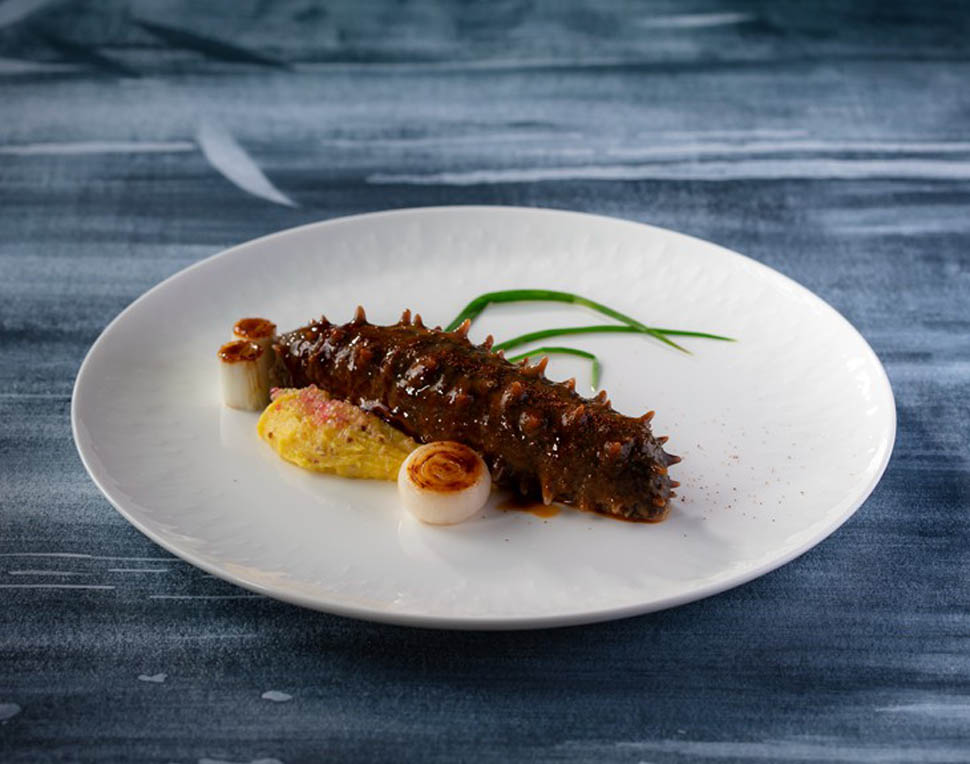
"In Huaiyang cuisine, great skill often comes in simple forms. Forexample, a piece of meat may be tender and boneless with meticulous knife work, but its outer appearance is unchanged,” continues Xiao Fei, who imports 80 percent of his ingredients from Jiangsu province. Which signature, among pork bellies and crabmeat, boasts steamed herring filet, patiently stripped of its 164 bones with precision tools and paired with 20-year-old sake from Huadiao.
